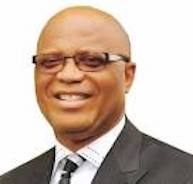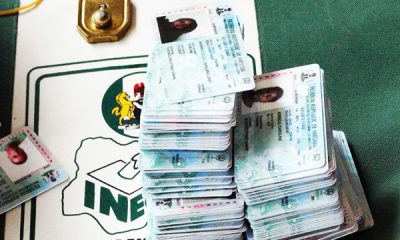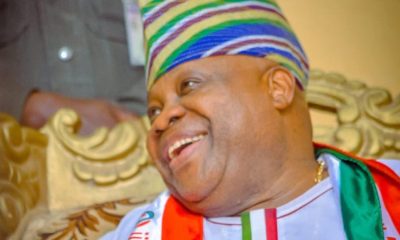NEWS
Ododo Seeks Partnership with FG to Accelerate Investment
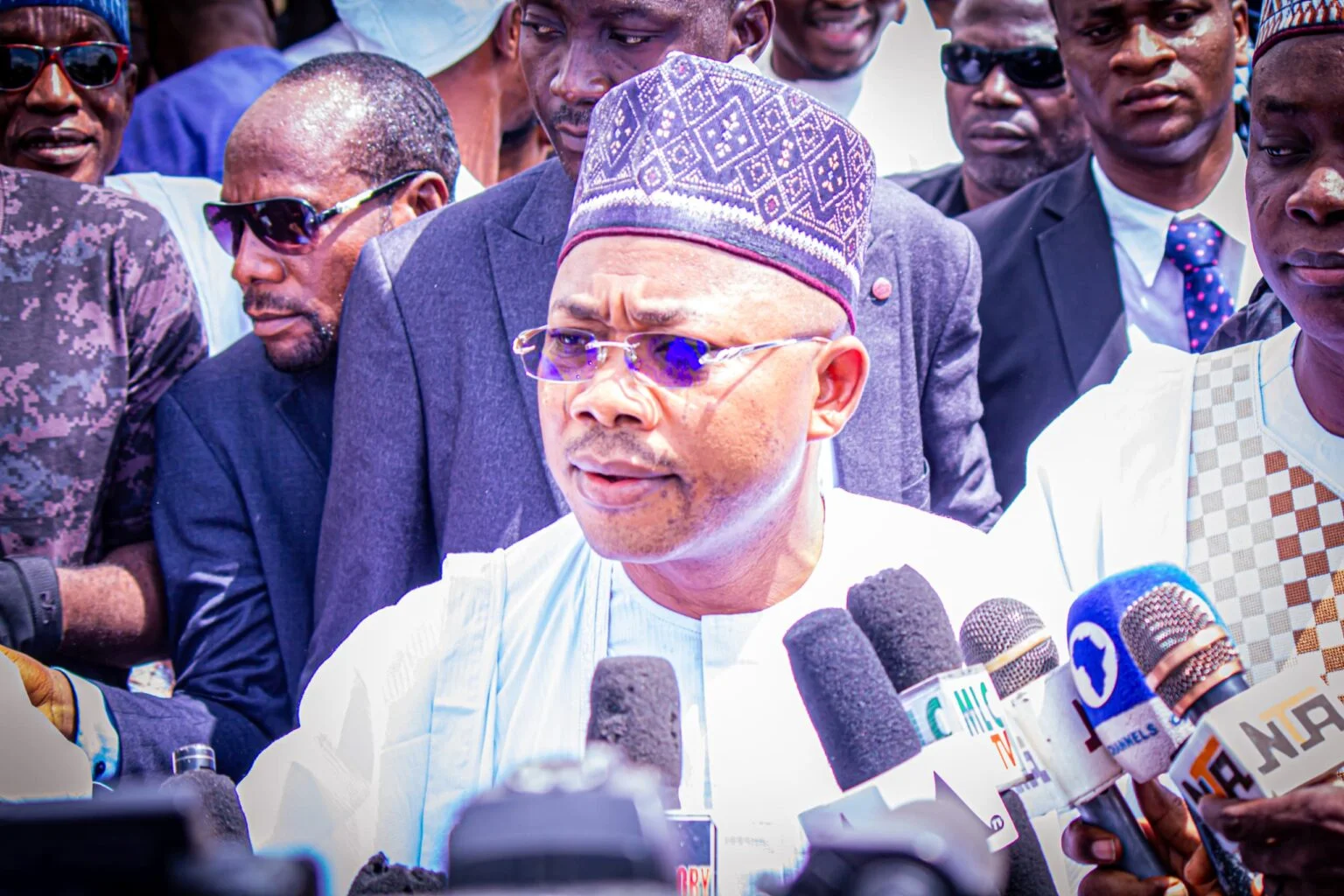
From Joseph Amedu, Lokoja
Kogi State Governor, Usman Ododo has called for collaboration between the state and federal government towards accelerating investment in the exploration of crude oil resources in the state.
Ododo made the call on Thursday when he paid a working visit to the minister of state petroleum resources (oil) Senator Heineken Lokpobiri in Abuja.
While restating his administration’s commitment to providing enabling environment for investors and their investments, Ododo expressed willingness of Kogi State government to cooperate with the federal government to ensure that oil exploration in the state comes on stream in line with the commitment of President Bola Tinubu to pursue oil exploration in the frontier basins in Nigeria.
On his part, the minister of state petroleum resources (oil) Senator Heineken Lokpobiri reaffirmed the status of Kogi as an oil producing state and pledged the commitment of the federal government towards mobilizing investments to explore the huge crude oil deposits in Kogi State.
The minister stated that the Petroleum Industry Act mandates the Nigerian Upstream Petroleum Regulatory Commission (NUPRC) to explore frontier basins and pledged the federal government’s determination to deploy funds to unlock new discoveries and exploration of oil in Nigeria.
The minister also commended Governor Ododo for his giant strides in providing good governance to the people of the state.
Kogi State became the first oil producing state in Northern Nigeria following the affirmation of the discovery of oil in commercial quantities by the federal government in 2022.
Foreign News
Trump Tells Iran to Make Nuclear Deal ‘Before it is too Late’

U.S. President Donald Trump has called on Iran to conclude an agreement with Washington on its controversial nuclear programme, amid a series of Israeli strikes on nuclear facilities and military leaders.
“There is still time to make this slaughter come to an end,” Trump wrote on his social media platform Truth Social on Friday.
“Iran must make a deal, before there is nothing left, and save what was once known as the Iranian Empire,” Trump continued.
“JUST DO IT, BEFORE IT IS TOO LATE.”Observers consider it unlikely that Iran’s leadership would opt for a diplomatic approach in light of the Israeli attacks.
Israeli media reported that Tehran had retaliated with an attack involving about 100 drones, all of which were shot down.
“I gave Iran chance after chance to make a deal,” Trump wrote.
“The U.S. makes the best and most lethal military equipment anywhere in the World, BY FAR, and Israel has a lot of it, with much more to come and they know how to use it,” Trump wrote. (dpa/NAN)
NEWS
Nigeria Condoles India over Tragic Plane Crash
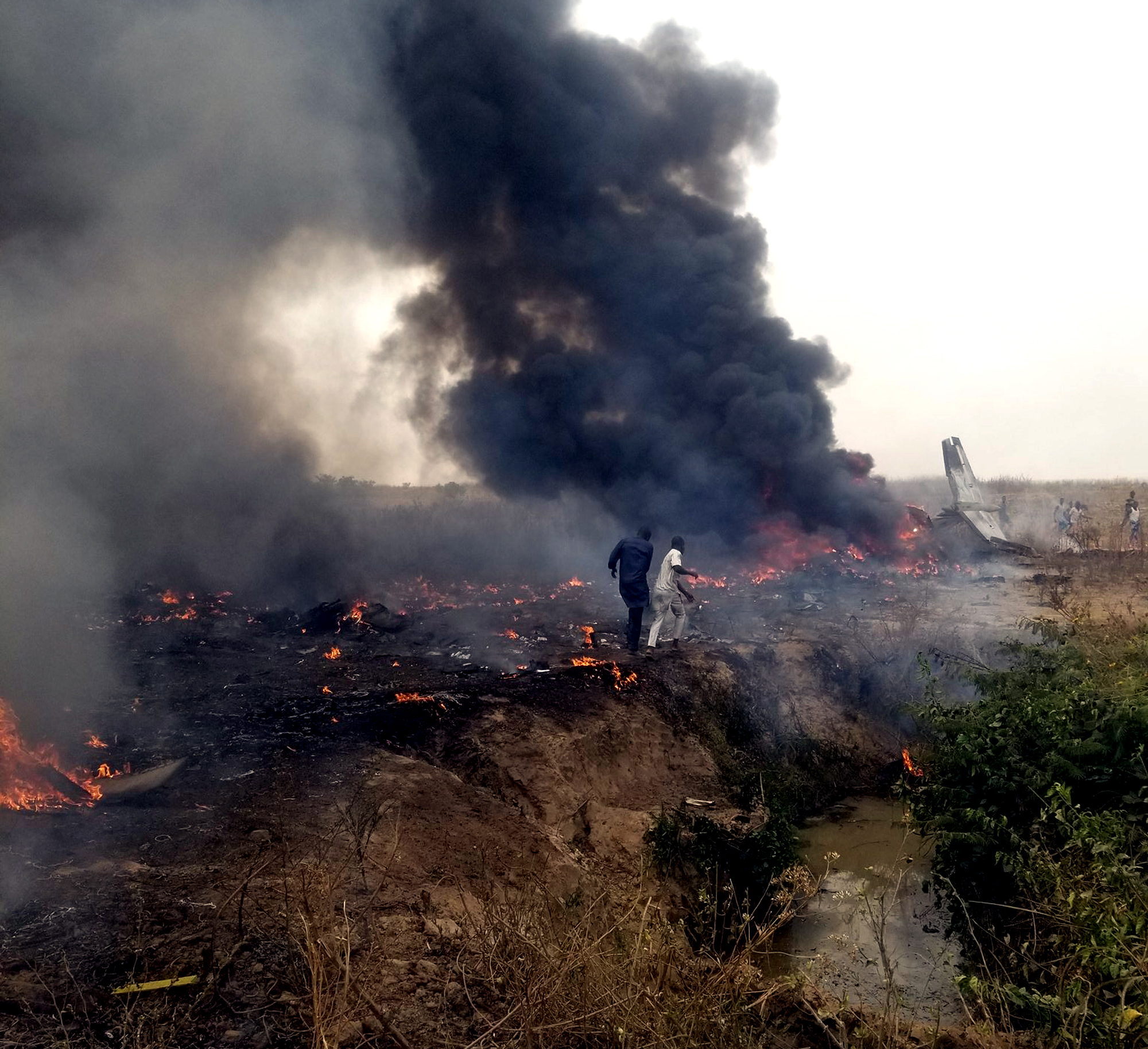
The Federal Government on Thursday condoled the Indian government over the tragic crash of Air India Flight-171 in Ahmedabad.The Minister of Foreign Affairs, Amb. Yusuf Tuggar, disclosed this in a statement issued by Kimiebi Ebienfa, Spokesperson of theMinistry.Tuggar said, “Nigeria expresses profound sorrow and extends its heartfelt condolences to the government and people of India over the tragic crash of Air India Flight 171 in Ahmedabad on June 12, 2025.
“This devastating incident which claimed the lives of over 290 individuals has left the global community in mourning. “Nigeria stands in solidarity with India during this period of immense grief and unfortunate loss.“While initial reports indicate no Nigerian citizen was aboard the flight, the Nigeria High Commission in New Delhi remains in close contact with Indian authorities to verify this information and provide consular assistance where necessary.“In this moment of shared sorrow, Nigeria reaffirms its commitment to global aviation safety and supports the call for thorough investigation into the crash with a view to preventing such tragedies in the future.”The minister further commiserated with the families of the bereaved and all those affected by this tragic incident. (NAN)NEWS
Benue Speaker Advises Youth to Participate Actively in Politics

The Speaker, Benue House of Assembly, Mr Hyacinth Dajoh, has advised youths in the state to participate actively in the economic and political development of the country.Dajoh gave the advice in his Democracy Day message issued by his Press Secretary, Mr Terver Zamber, in Makurdi.
The speaker urged youths to show more interest in the economic and political development of the country. He said that they had the required education, exposure, and numerical strength to make a positive impact on both the economy and governance. Dajoh assured the youths that the assembly under his leadership would continue to enact laws to protect democracy and the rule of law.The speaker urged Nigerians to be more determined in ensuring that democracy worked in the country.He said that democracy remained the best option for the country.The speaker added that through the determination of the citizens and their active participation in the democratic process, Nigeria would be a great country.He saluted the heroic deeds of patriots who worked assiduously to actualise democratic rule in the country, especially the symbol of the June 12 struggle, the late M.K.O. Abiola.According to him, only a truly great, peaceful and prosperous Nigeria could be a befitting compensation for their sacrifices.He commended President Bola Tinubu and Gov. Hyacinth Alia of Benue for their roles in upholding democratic principles.Dajoh said that more sacrifices were required from the citizens to ensure that the country got the best of democracy. (NAN)


